by Martin Munyao
Presented for the Stott-Bediako Forum
Historians have held that colonialism and Western missionary enterprise were two distinct and unrelated entries to pre-colonial Kenya. How then did Christianity for decades live side by side with colonialism? I content that Colonialism could not have been possible without Christianity. The impact of that unholy relationship is felt and sustained in contemporary forms of violence.
Land for example, is a present source for conflict in Kenya. In the pre-colonial African ontology, land was in harmony with the people. For land to be taken away from its owners, a separation of the people from the land had to happen. This was facilitated by a Christian theology that created existential dualism, violently separating the African bodies from their souls, and the person from the community. Hence Christian doctrine that emphasized ‘saving souls’ and ‘personal salvation’ were entrenched. This separation and fragmentation is fundamental to Whiteness. Whiteness universalizes truth, even theology; it puts a face of neutrality that obscures specificity. Such has made the church uncritical of oppressive and unjust political structures.
Whiteness realizes that is hard to enter into something that is in harmony. A separation needs to happen. Unfortunately, much of our theological understanding today is tempered with a neocolonial mindset that separates the soul from the body for Christian triumphism. It anesthetizes the pain of oppression with the eschatological promise of future deliverance.
This paper proposes a reimagination of African Christianity that does not seek to fragment humans, but instead affirm humanity. Secondly it proposes a political theology that will restore ‘Shalom’ in a socially, economic and spiritually broken country. It is such a theology done in Africa, that will confront oppressive structures and identify with the marginalized communities in Kenya.
View presentation (habilita subtítulos en español):
Whiteness makes universal claims of what is needed. It claims a universal understanding of what is needed, what is beautiful, what is normal, and what is acceptable. This means that there are theologies or a theology that is acceptable, that is normal, that is universal in standard. Whiteness puts a face of neutrality that obscures the specific theologies of other people.
Martin Munyao
Next page for English transcript (página 3 para transcripción en español)
The views and opinions expressed in this piece are those of the author and do not necessarily reflect an official position of INFEMIT. We seek to foster reflection through conversation, and ask you to be respectful and constructive in your comments.


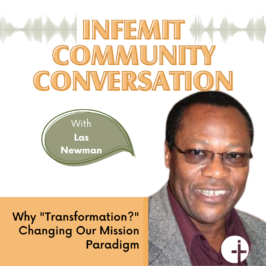
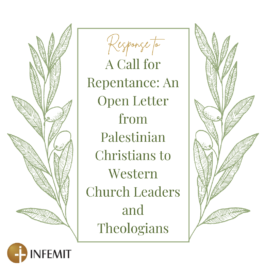
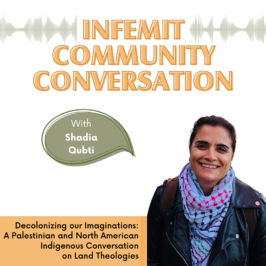
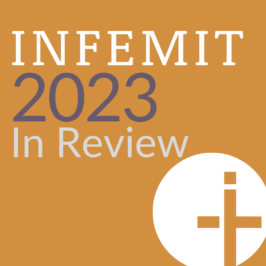
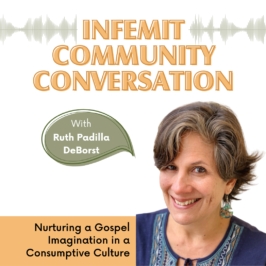

Leave a Reply